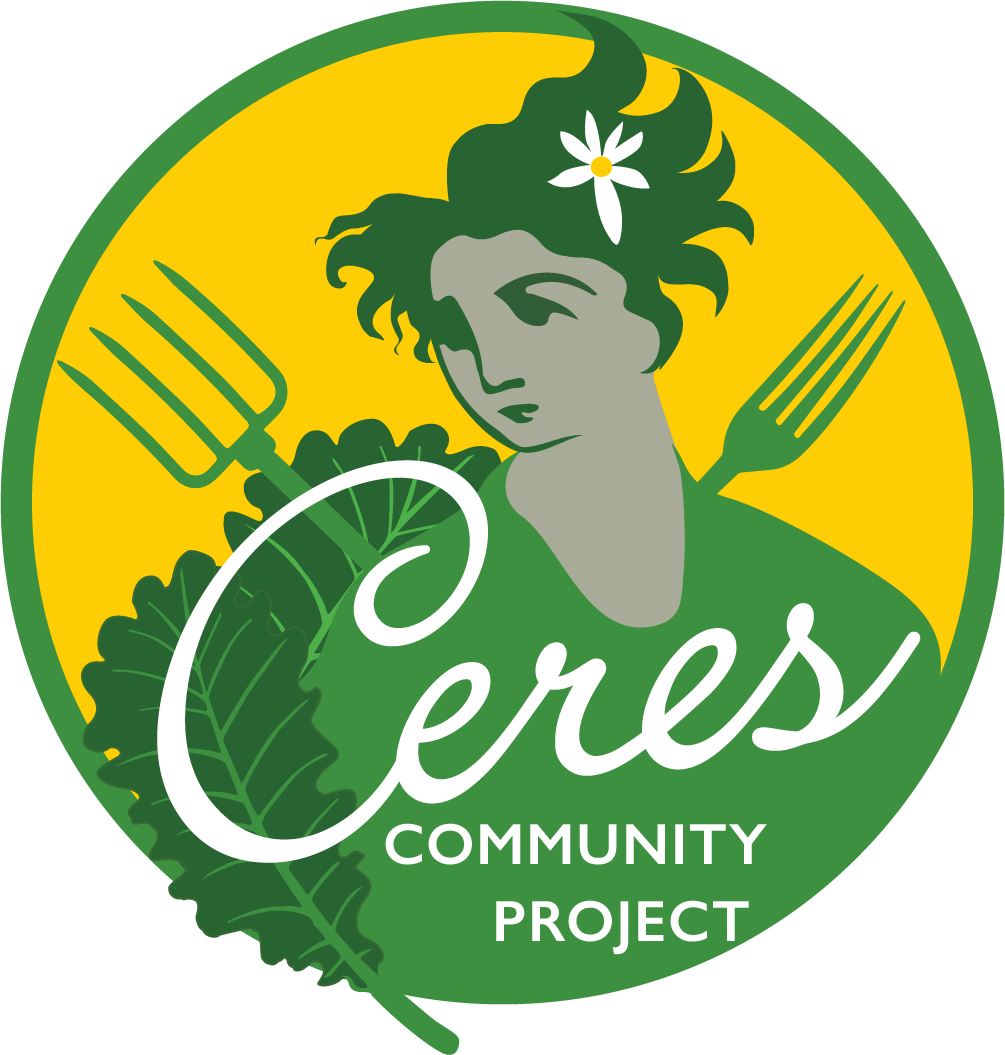CalFresh, COVID-19, and Equity
Dear Friend,
Access to healthy food was a problem long before the pandemic and will be a problem long after. As a Medically-Tailored Meals provider, we know that healthy food access for all leads to reduced chronic disease, lower healthcare costs, more equity and stronger communities. In this article, I explore:
the link between food insecurity, chronic disease, and equity in our local communities
how the pandemic has laid bare health disparities
how important CalFresh, Ceres and other organizations are to protect to our vulnerable populations and stimulate our local economy and food system
Be Well,
Reilly Briggs
Administrative Assistant to the CEO & Policy Coordinator
*Editor's Note: We're thrilled to welcome Reilly to our staff in this new role created to advance our work in the Food is Medicine arena. Reilly holds a BS in Public Health and completed her 360 hours of field work with us last summer. She recently returned from Zambia, where she served as a Peace Corps volunteer.
CalFresh, COVID-19, and Equity
As you know, we are taking on many new clients due to the pandemic, like Maria. She is in her late sixties and lives alone. With a list of different health conditions - arthritis, heart disease and a back injury - she has difficulty cooking for herself. Now receiving meals, she reached out to us to let us know:
“Thank you for the wonderful food. It’s exactly what I’m supposed to be eating according to my heart doctor. Thank you so much. I’d never had money to buy food like this. The food is delicious and I’m so very happy. Thank you so much.”
More than 70% of our recent clients live on incomes at or below 138% of the Federal Poverty Level, and Maria is one of them.
Food and nutrition insecurity--the lack of reliable access to sufficient nutritious food--is a serious issue. 1 in 3 patients admitted to the hospital are malnourished and emergency room admissions spike at the end of the month when many people can no longer afford nutritious food, causing flare-ups in their chronic conditions4. Not having consistent access to nutritious food can elevate the stress response to unhealthy levels in the body which puts the immune system at risk, and often leads to chronic conditions such as cardiovascular disease, diabetes, depression, obesity, and more2. Low-income communities and communities of color are much more likely to experience food insecurity and its consequences2.
These issues are only exacerbated by the COVID-19 pandemic. Nationally, early reports are showing that women, minority races, and low-income earners are being disproportionately affected by COVID-19 related layoffs. Up to 60% of these layoffs affect women, and up to 50% of these layoffs affect low-income earners3. This seriously impacts equity and health outcomes across the state. Across the country, black Americans and Latinx people are being hospitalized for COVID-19 at a higher rate than white Americans due to factors including income, inadequate access to services, living conditions, and high rates of pre-existing conditions6. In Sonoma county alone, 95% of confirmed COVID-19 cases in youth are Latinx, despite making up just 32% of the overall youth population5. This places minority communities at extreme risk for chronic disease, food insecurity, and COVID-19 related economic fallout1.
CalFresh helps support food and nutrition security in the community, and in a time like this, a program like CalFresh is even more important. Luckily, it's not the only program supporting food security in our community. Since the onset of COVID-19, Ceres Community Project has more than tripled the amount of medically tailored meals being served to medically fragile people in our community. Most of our clients are older adults, live alone, have more than one chronic condition, and are low-income. While Ceres' focus is on serving those who are ill, many other organizations such as food banks and schools have also stepped up to provide food to vulnerable populations during this pandemic.
Additionally, in California, access to CalFresh has been expanded in response to COVID-19 with a program called D-CalFresh. CalFresh’s Market Match program allows recipients to shop for produce at local farmer’s markets and receive twice the benefits, so participants can receive additional money to spend on fresh, healthy foods! The Market Match program also helps to support small, local farmers and farms like Petaluma Bounty, because it allows CalFresh shoppers to spend more than they would normally be able to. This supports our local food system, and our local economy.
Throughout Sonoma and Marin counties, California, and the country, organizations such as Ceres Community Project are building momentum to prevent chronic disease and inequity through food and nutrition security programs. In times like these, this work is even more important because those most at-risk for COVID-19 and its impacts are minority populations. Food, health, and equity are deeply intertwined, and it is imperative that we act on each issue together rather than separately. At Ceres, we believe that access to healthy food is not just a human right—it helps give everyone a chance at a healthy productive life. In our policy work, we’re proud to advocate for advancing these interconnected issues for the good of individuals and our community as a whole.
Sources:

